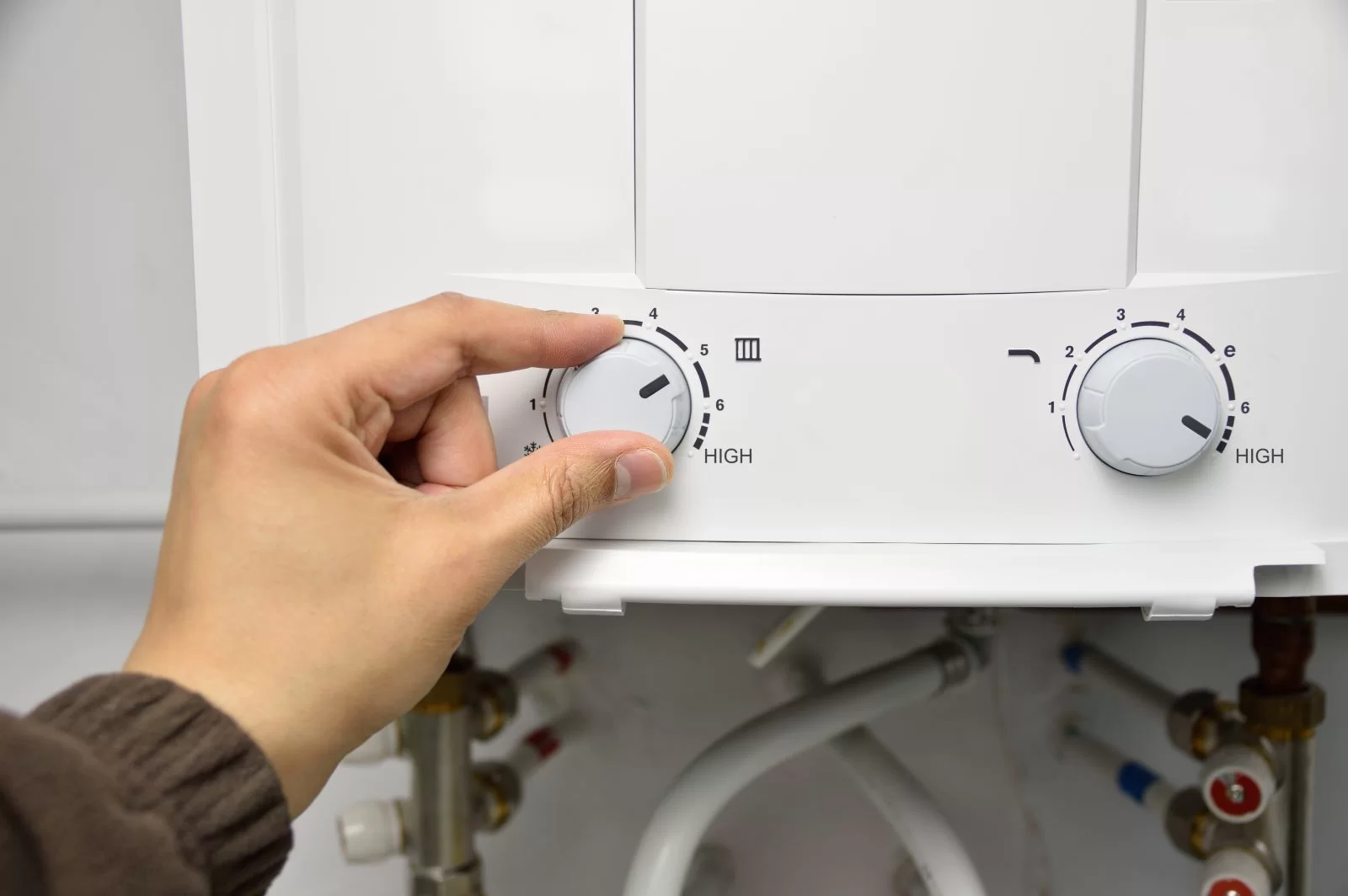Want to save with Paschal? Don’t miss our current offers and specials

Want to save with Paschal? Don’t miss our current offers and specials
Return to Paschal Resource & Education Hub

If you’re reading this, it’s likely that you have been puzzled by your tankless water heater’s slow pace. You’ve made the upgrade to a tankless system, expecting quick, efficient hot water on demand, but your reality is a bit different – your hot water is taking its sweet time. Fret not! In this comprehensive guide, we will dive deep into the reasons why your tankless water heater might be acting this way and what you can do about it.
Before we plunge into the nitty-gritty, let’s establish what a tankless water heater is. Unlike traditional water heaters, which store and heat water in a tank, tankless water heaters (also known as demand-type or instantaneous water heaters) provide hot water only as it is needed. They are designed to heat water directly without the use of a storage tank, thereby avoiding the standby energy losses associated with storage water heaters. This means they can be more energy efficient, cost-effective, and provide the convenience of endless hot water.
Understanding how a tankless water heater works is key to comprehending why it might take longer to heat up water. Here’s a simplified explanation:
Although tankless water heaters are designed to provide hot water on demand, there are several reasons why they might take a while to heat up. These include:
The capacity of your water heater to deliver hot water efficiently depends on its size and the demand placed upon it. A smaller unit might struggle to deliver hot water quickly, especially if you have multiple hot water applications running simultaneously.
The longer the distance between your water heater and the tap, the longer it takes for the hot water to reach the tap. This delay is due to the time it takes for the hot water to travel through the pipes.
Over time, minerals present in water, particularly hard water, can accumulate inside your tankless water heater, forming scale buildup. This buildup can hamper the efficiency of your water heater, causing it to take longer to heat the water.
If your tankless water heater is gas-powered and the gas pressure is too low, your heater may struggle to reach the desired temperature quickly.
Now that we’ve understood some reasons behind the delay, let’s dive into potential solutions:
If your water heater is not able to meet the hot water demand of your home, you might need to consider upgrading to a larger unit. Consult with a professional plumber to determine the appropriate size and capacity for your needs.
A recirculation pump can help speed up the delivery of hot water by circulating hot water from your heater to your taps and back. This ensures that hot water is always close to the point of use, minimizing the wait time.
Regular maintenance, including descaling, can help keep your water heater in optimal condition, preventing scale buildup from affecting its performance. Descaling involves flushing out the mineral deposits from the heater using a descaling solution.
If the gas pressure is low, adjusting it to the appropriate level might help your water heater operate more efficiently. However, this should only be done by a certified technician to avoid any potential hazards.
Prevention is always better than cure. Here are a few measures to prevent slow heating:
Q1: How often should I descale my tankless water heater?
A1: Generally, it’s recommended to descale your tankless water heater once a year. However, if you have hard water, you might need to do it more frequently.
Q2: Can I adjust the gas pressure of my tankless water heater myself?
A2: It’s highly recommended to let a certified technician adjust the gas pressure. Incorrectly doing so could lead to potential hazards.
Q3: How can I tell if my tankless water heater is the right size?
A3: If you frequently run out of hot water or if your hot water takes a long time to heat up, your unit might be too small. Consult a professional to help determine the right size for your needs.
While tankless water heaters are designed for efficiency and on-demand hot water, they can sometimes take a bit longer to deliver the hot water we desire. The reasons can range from the size and capacity of the heater, the distance between the heater and tap, to mineral buildup and low gas pressure.
By understanding the reasons and potential fixes, you can take steps to improve the situation. Regular maintenance, appropriate installation, and taking preventive measures can go a long way in ensuring that your tankless water heater provides you with the hot water you need, when you need it.
Should you need professional assistance, the experienced team at Paschal Air, Plumbing & Electric is here to help. We have the knowledge and expertise to handle all your tankless water heater needs. Get in touch with us today!